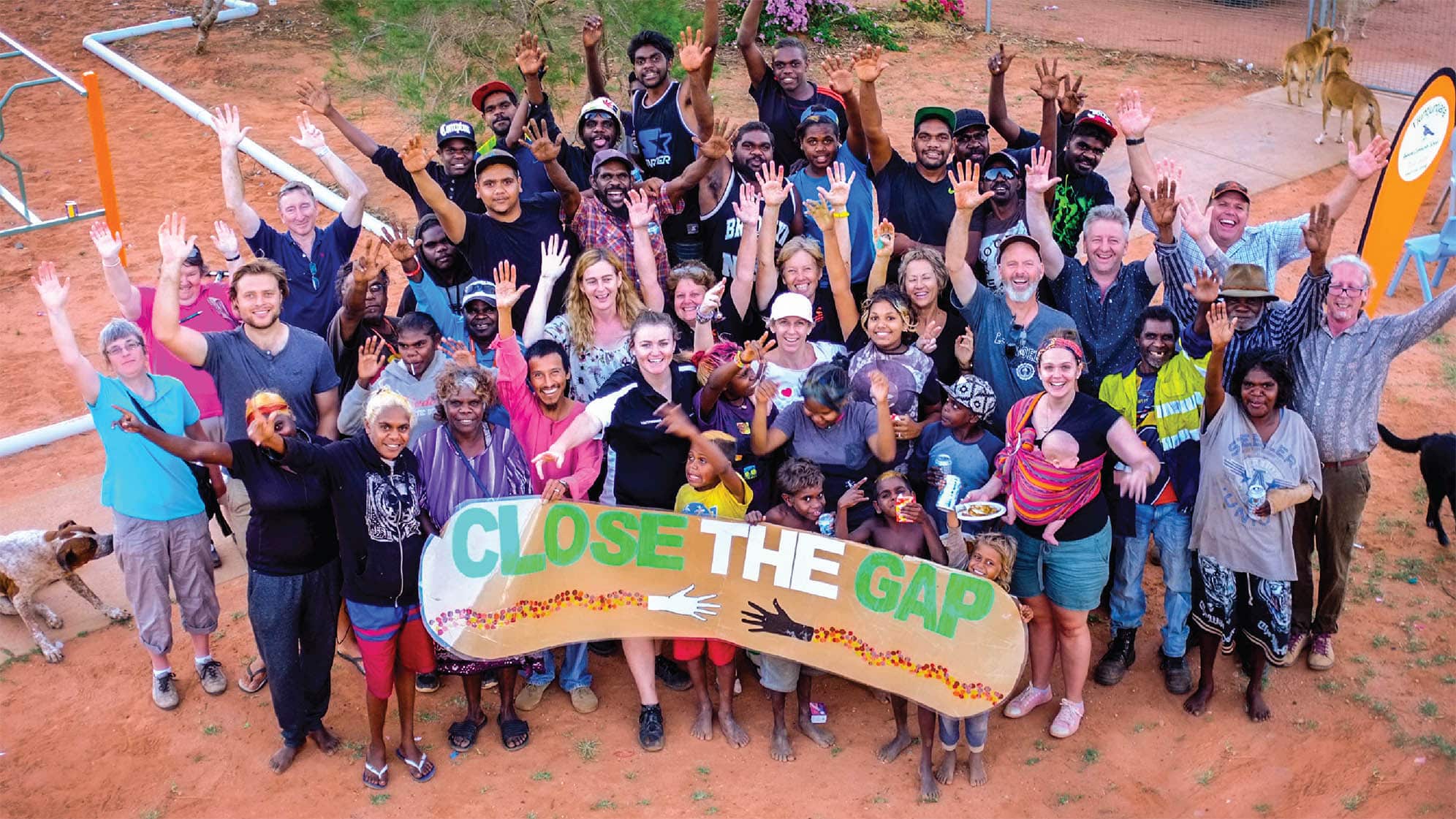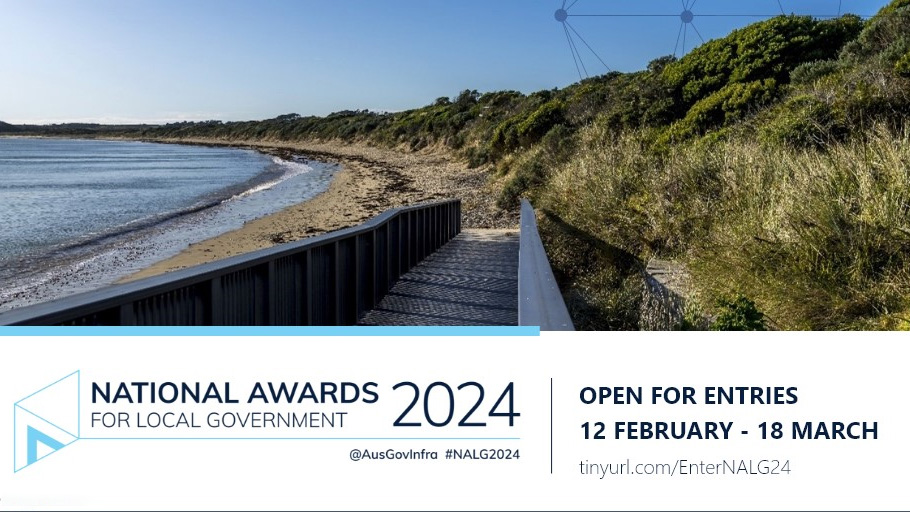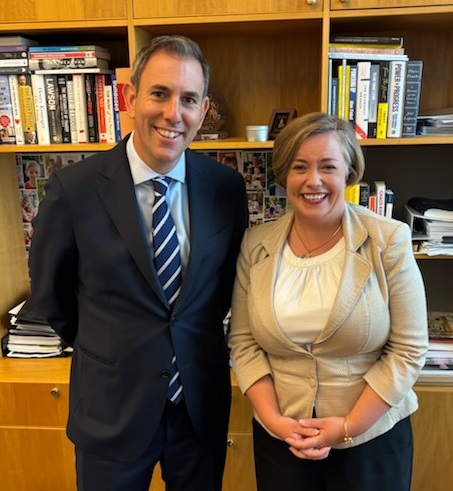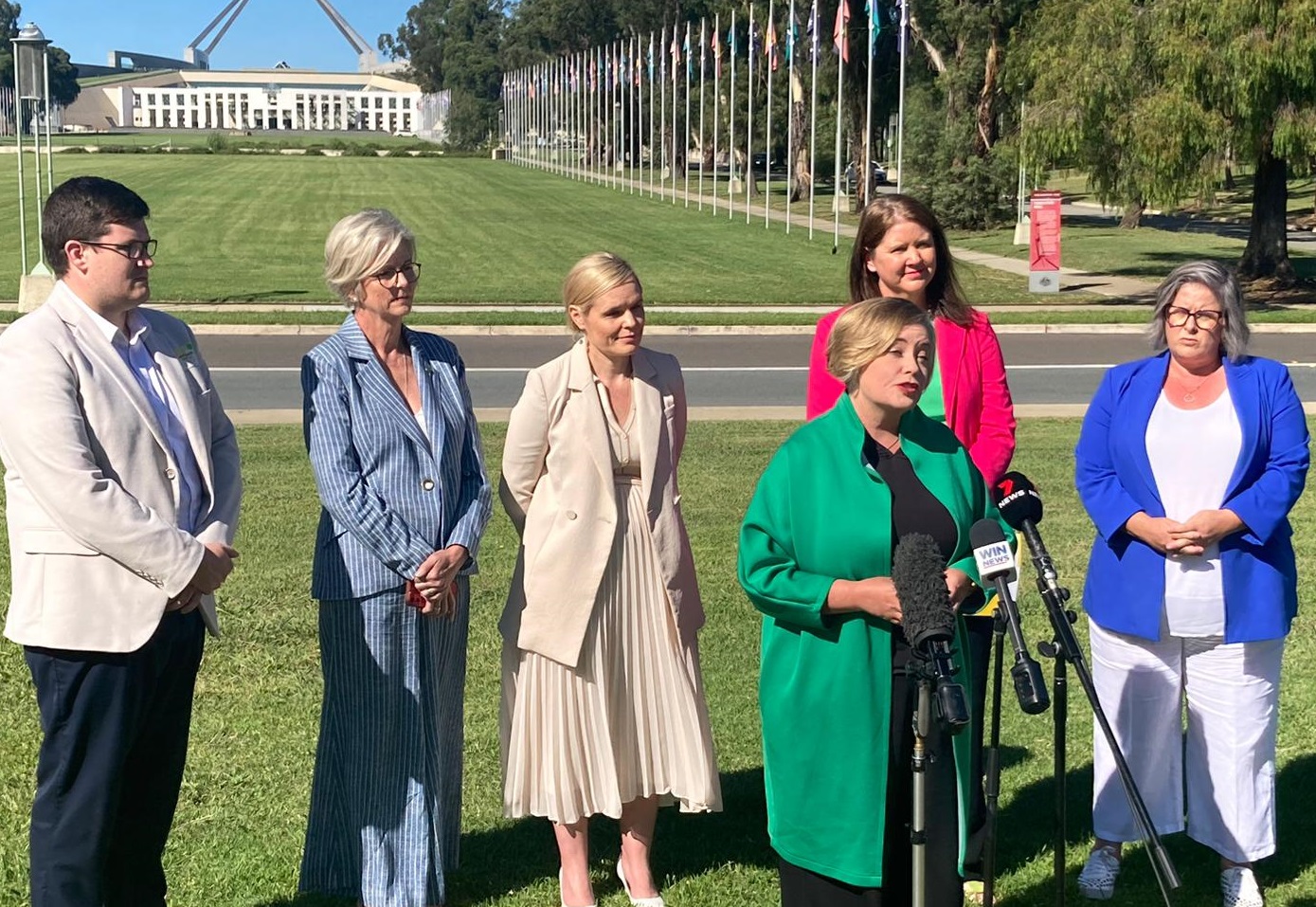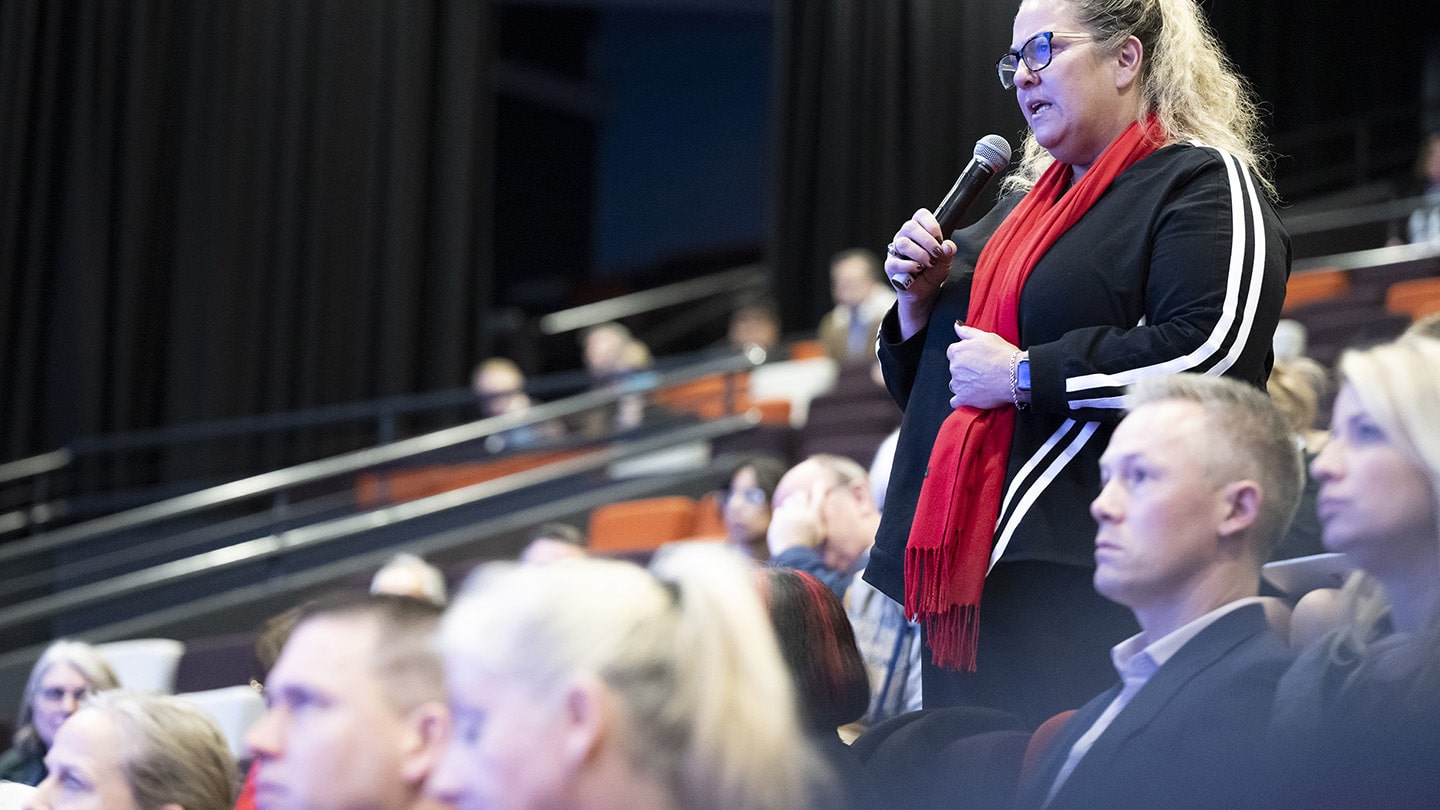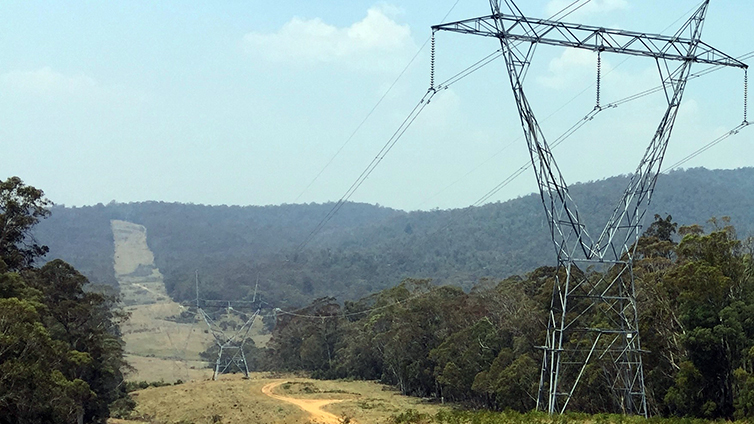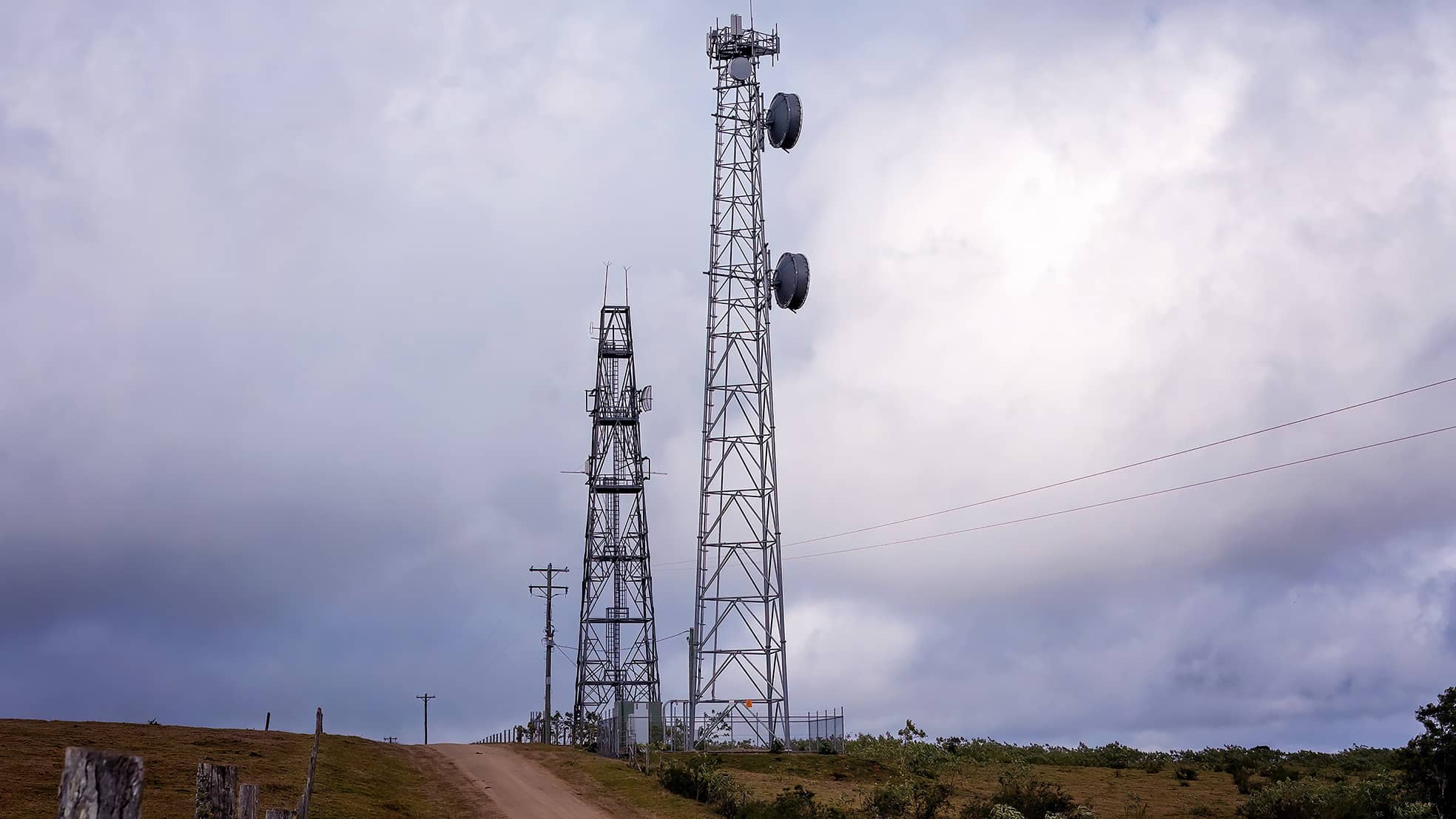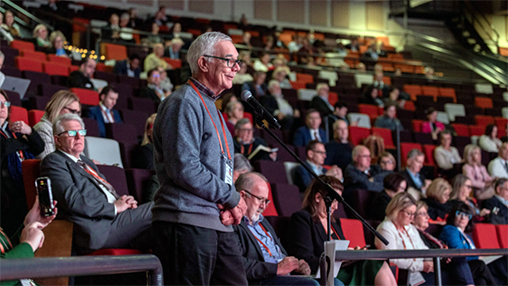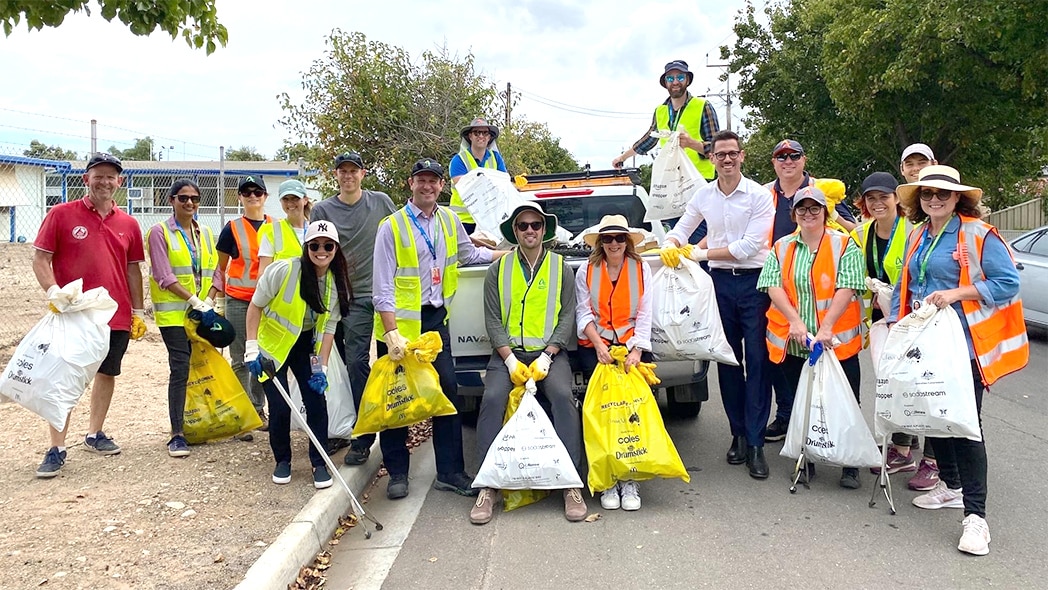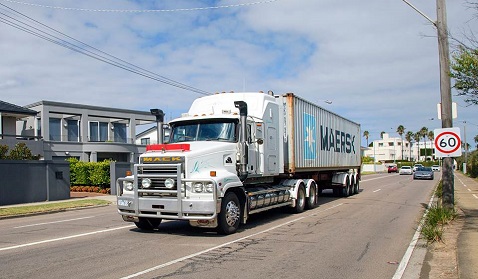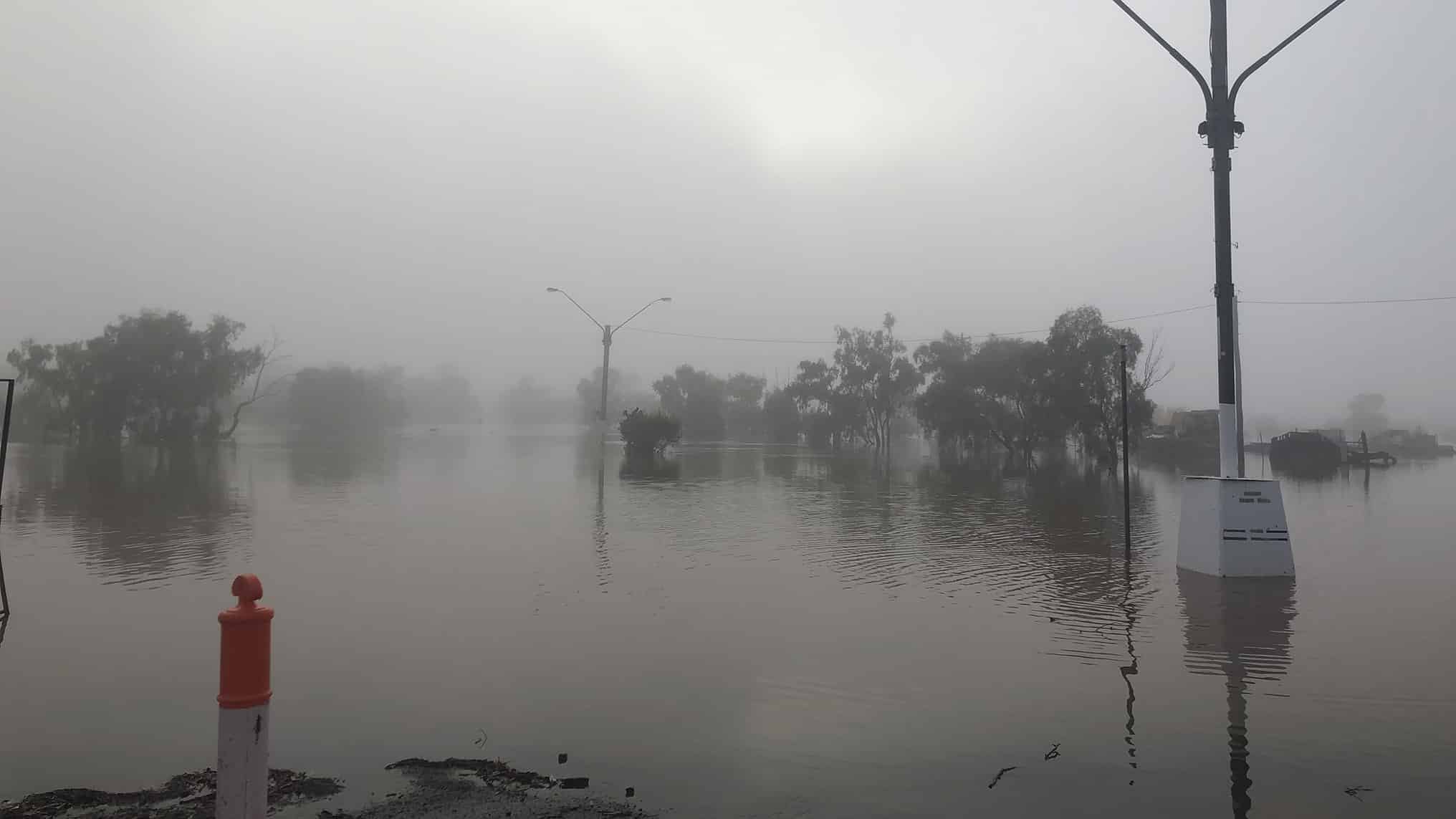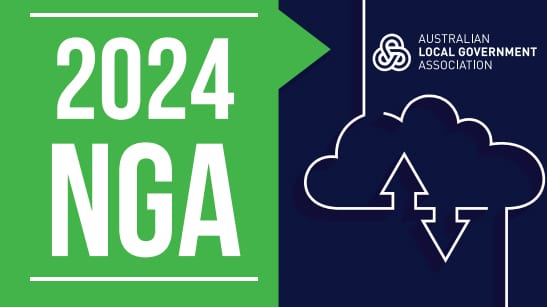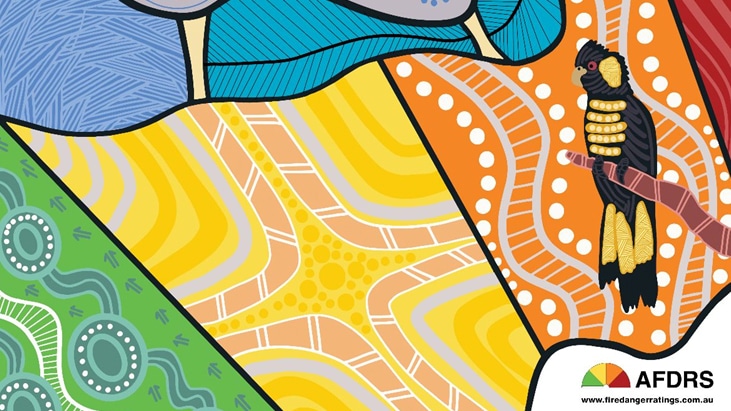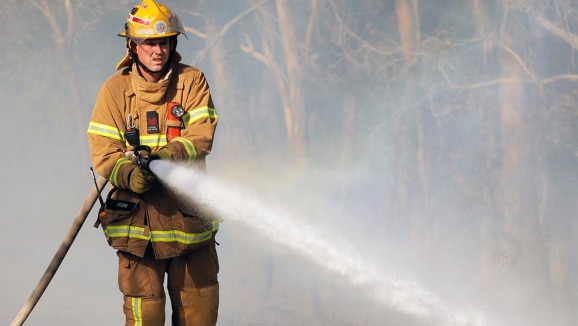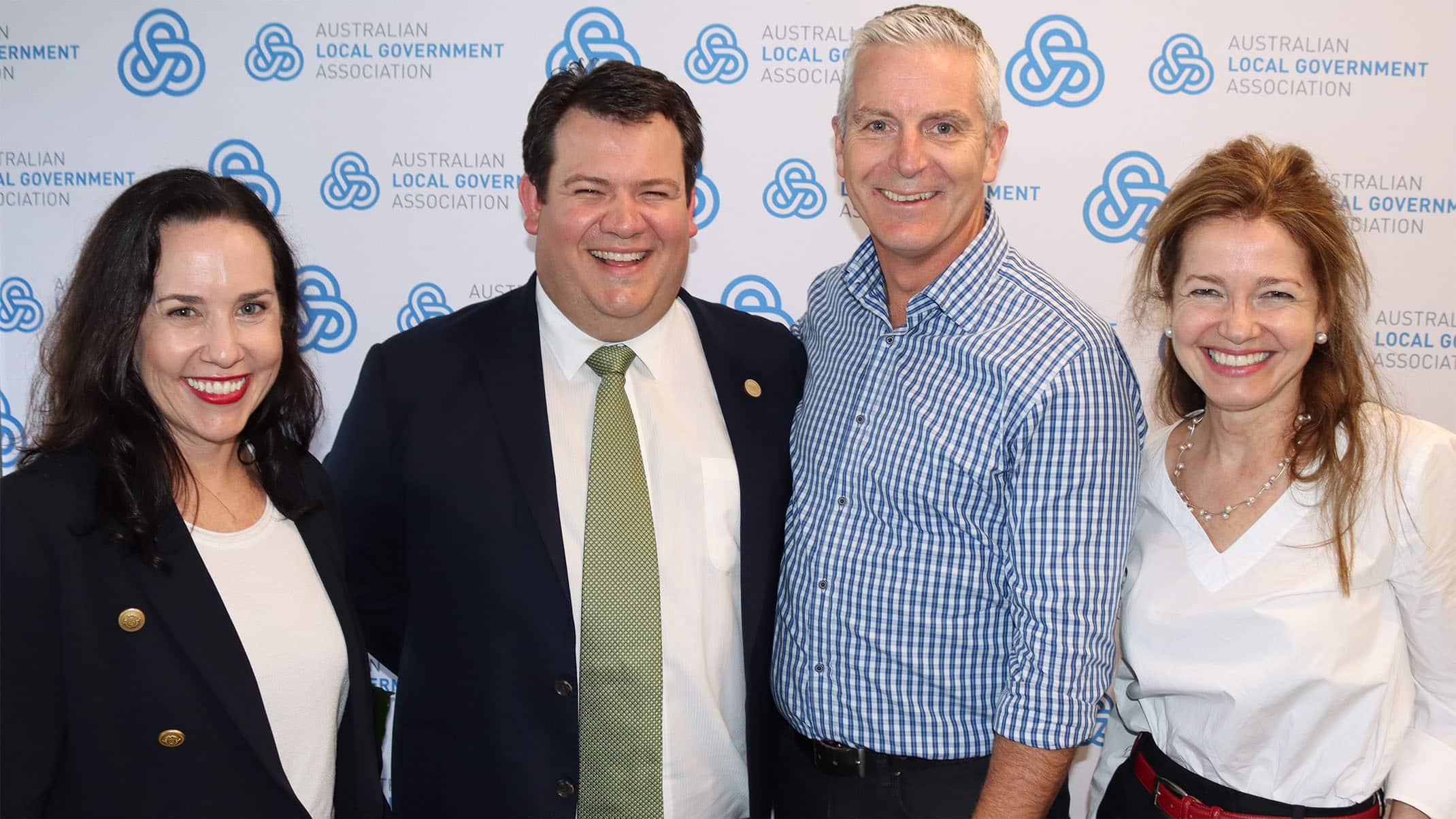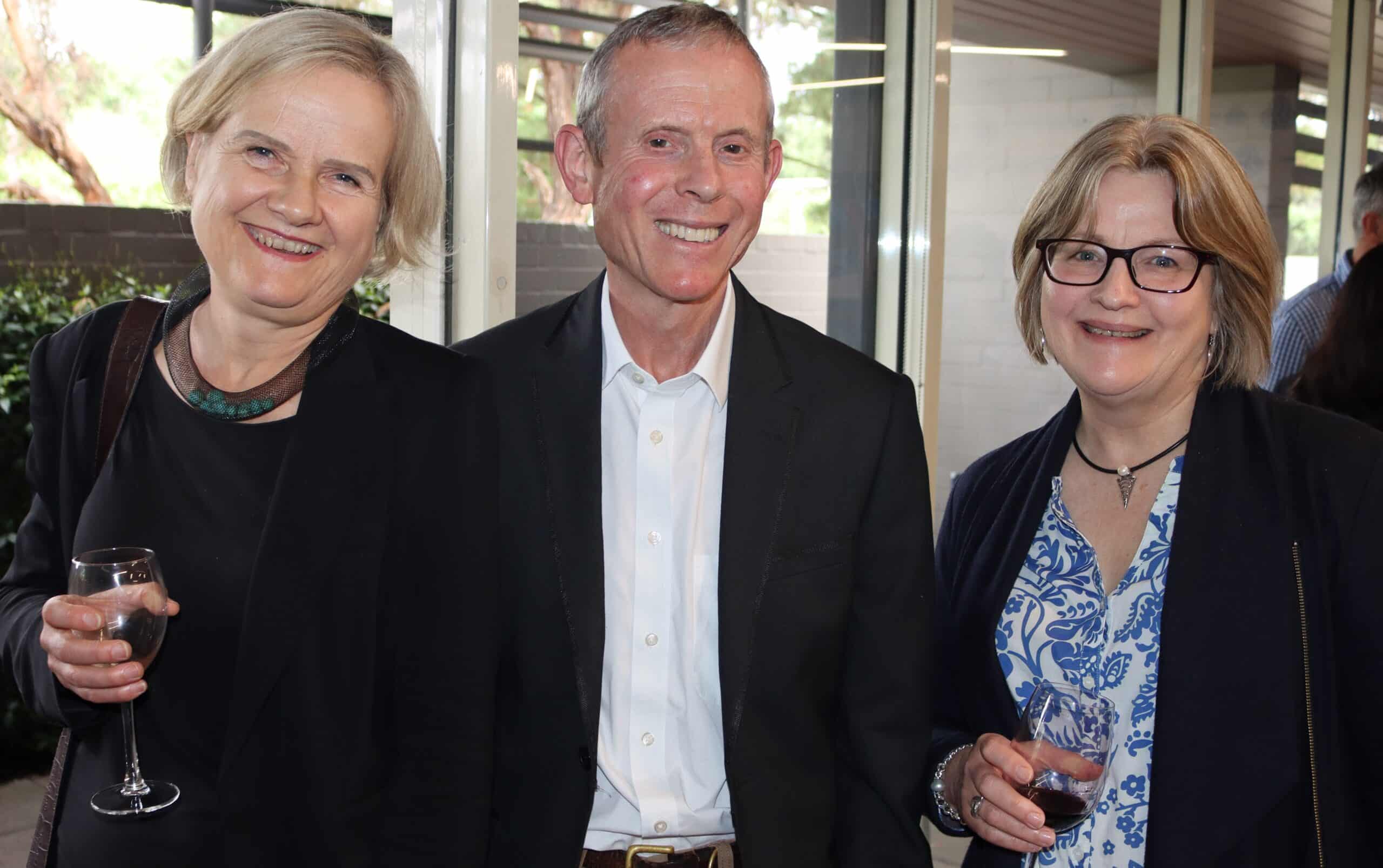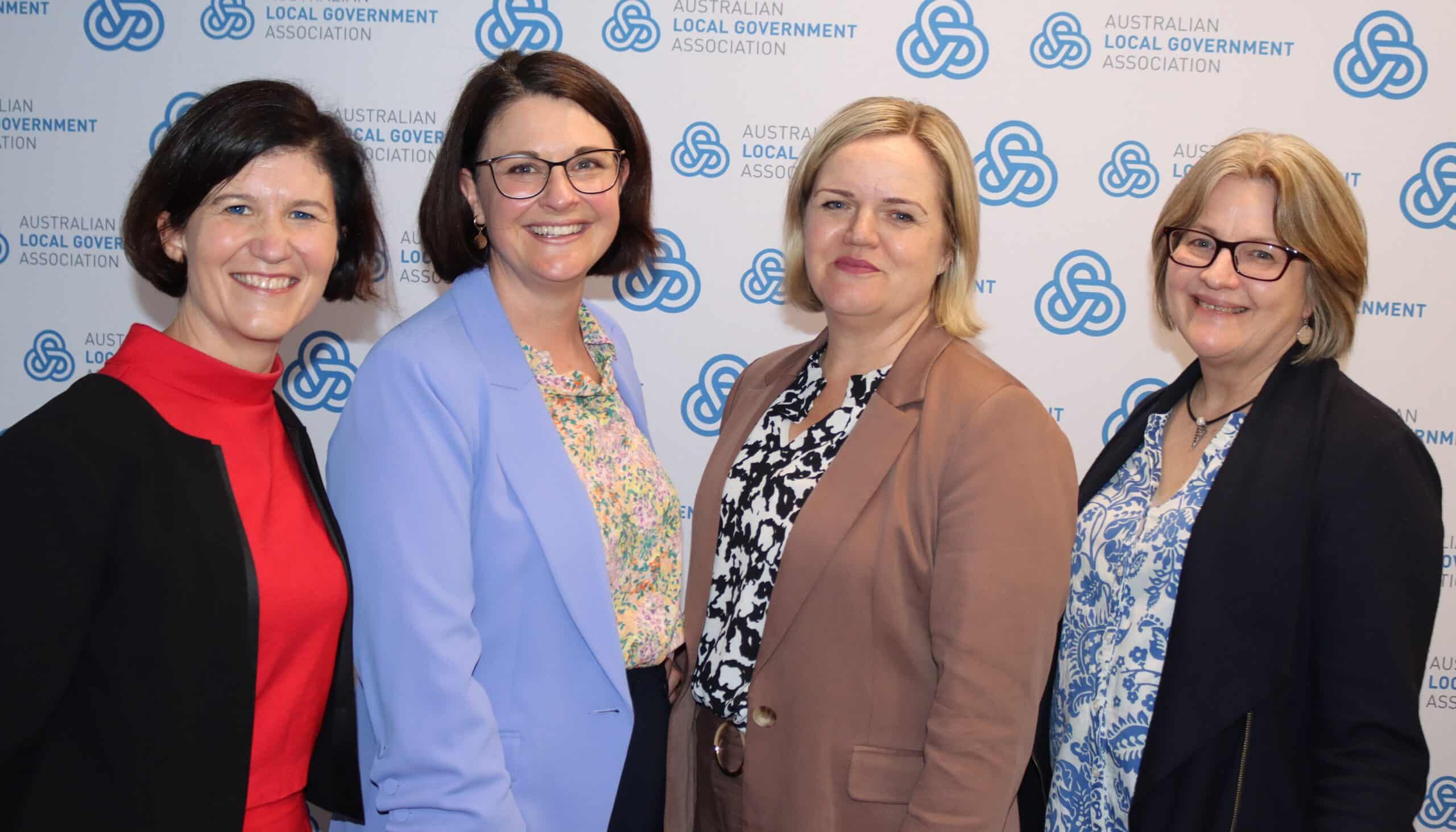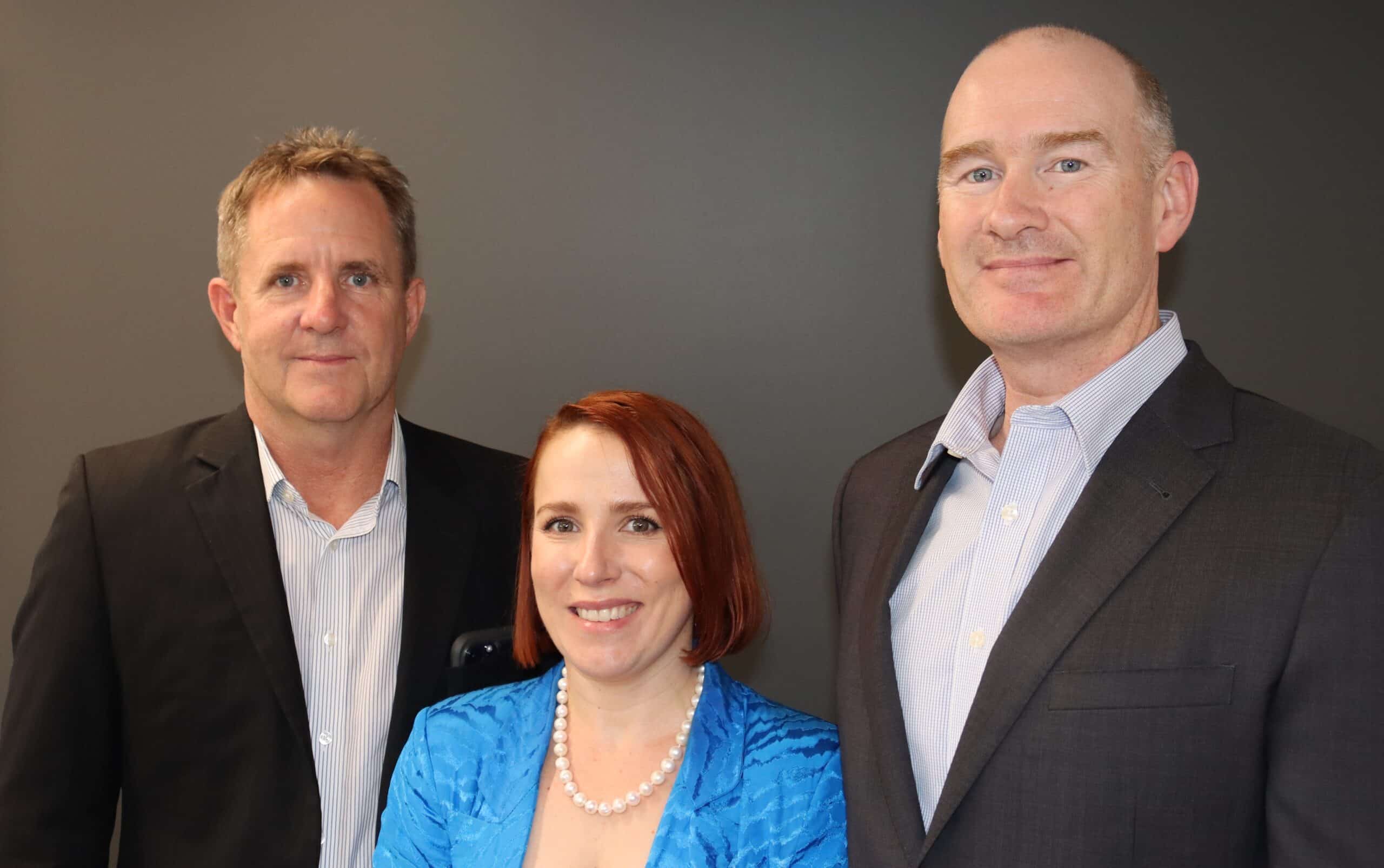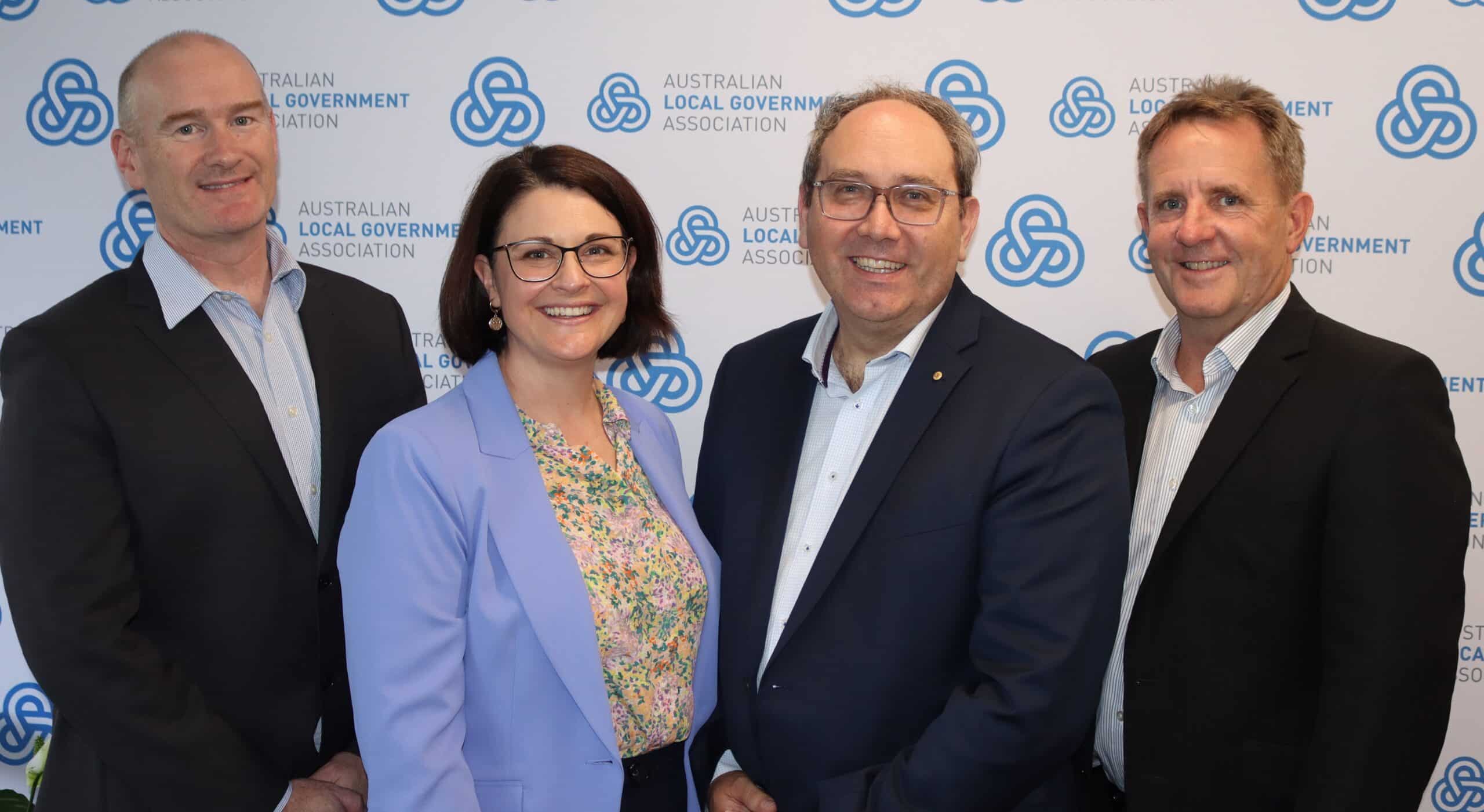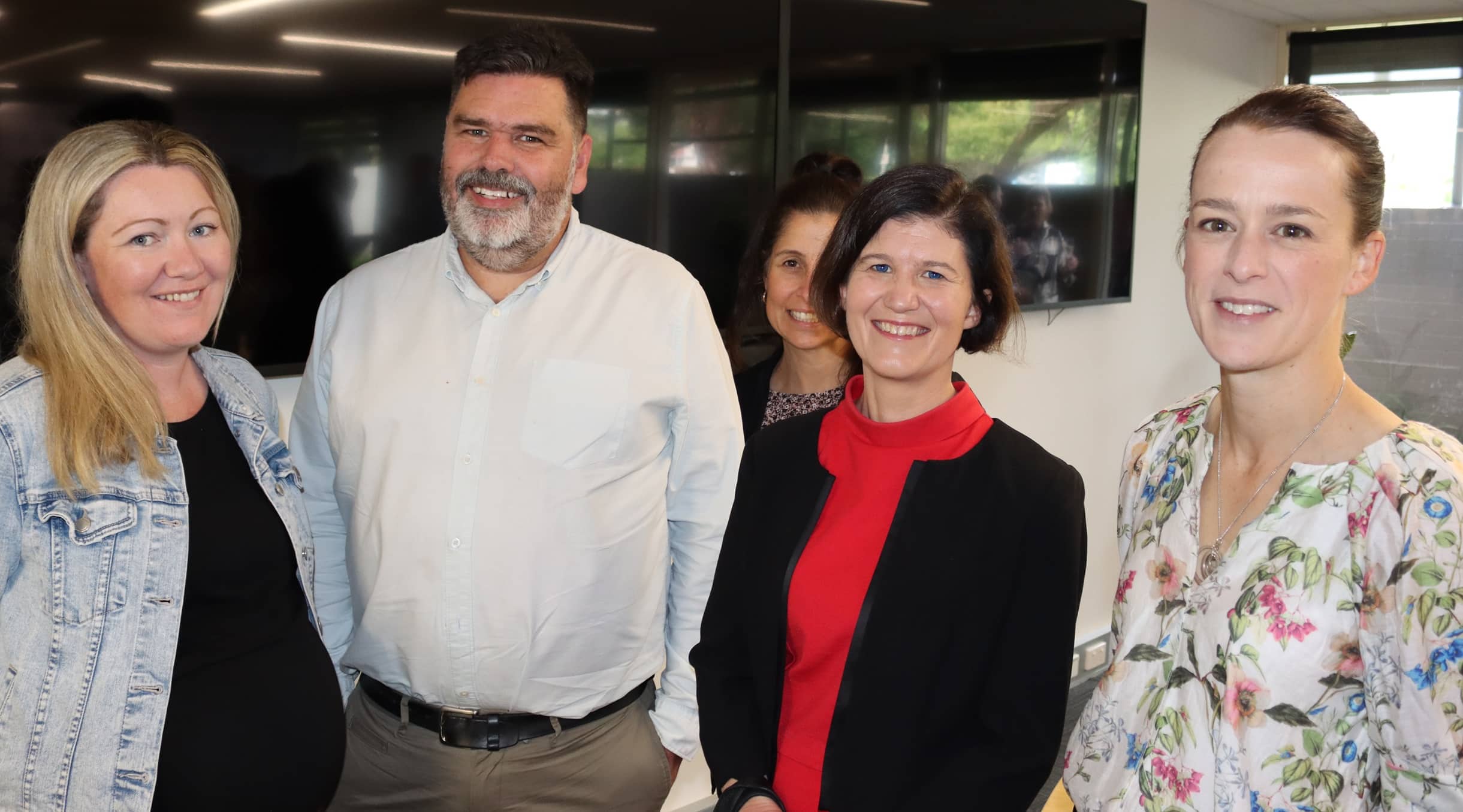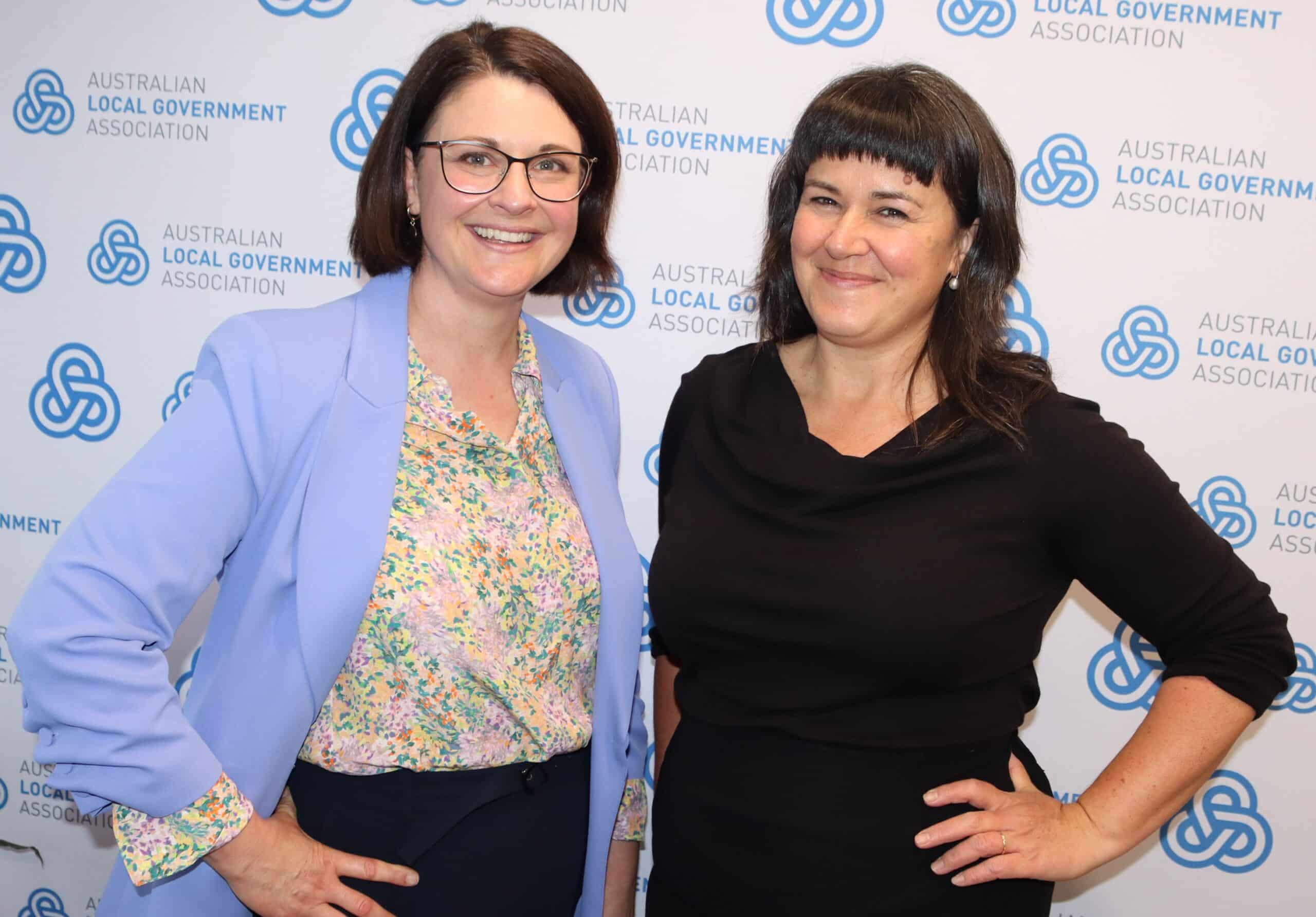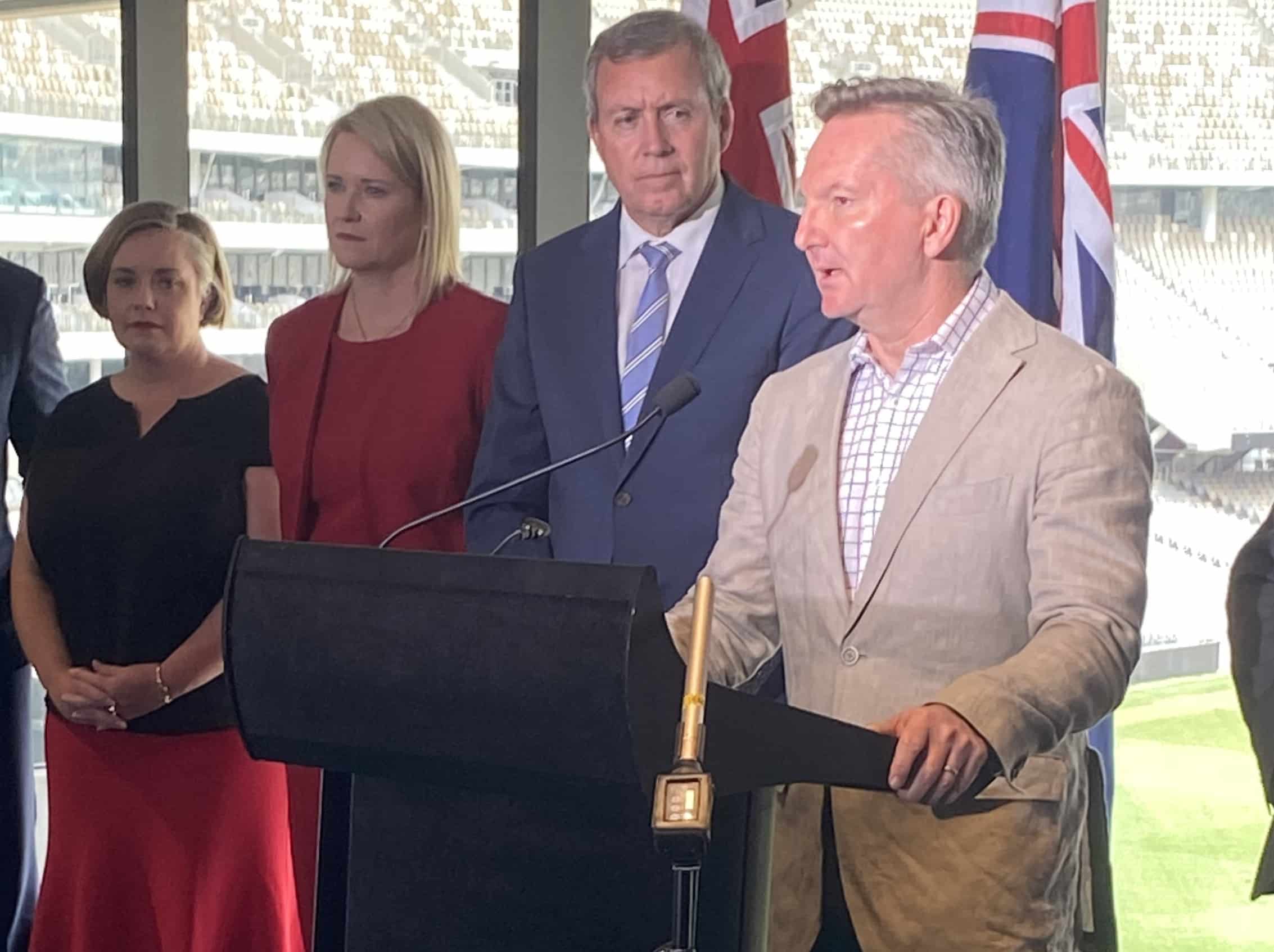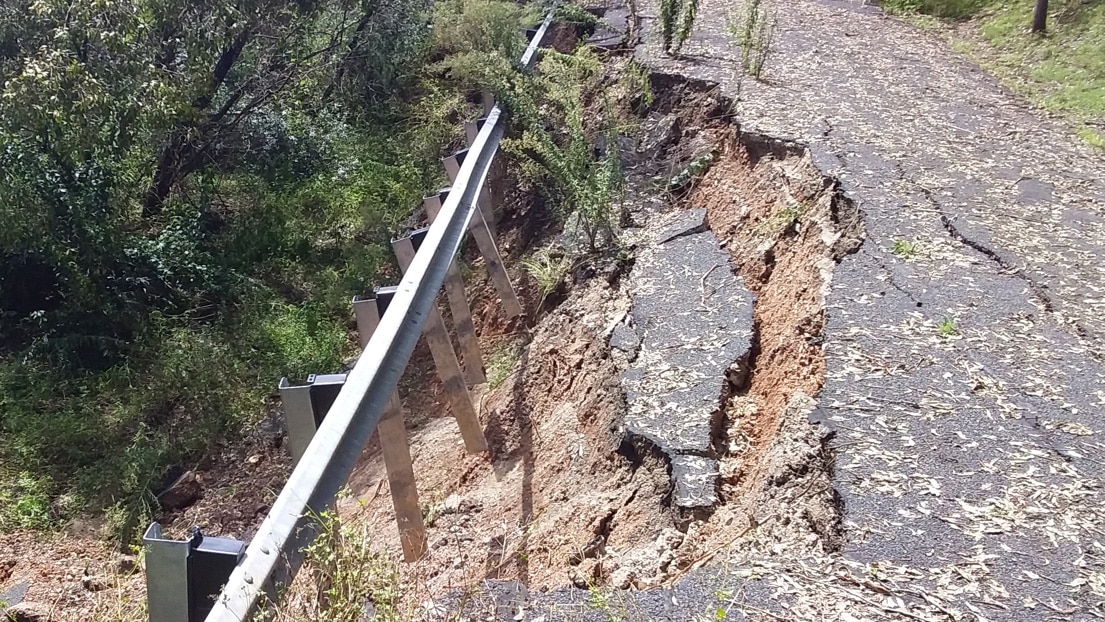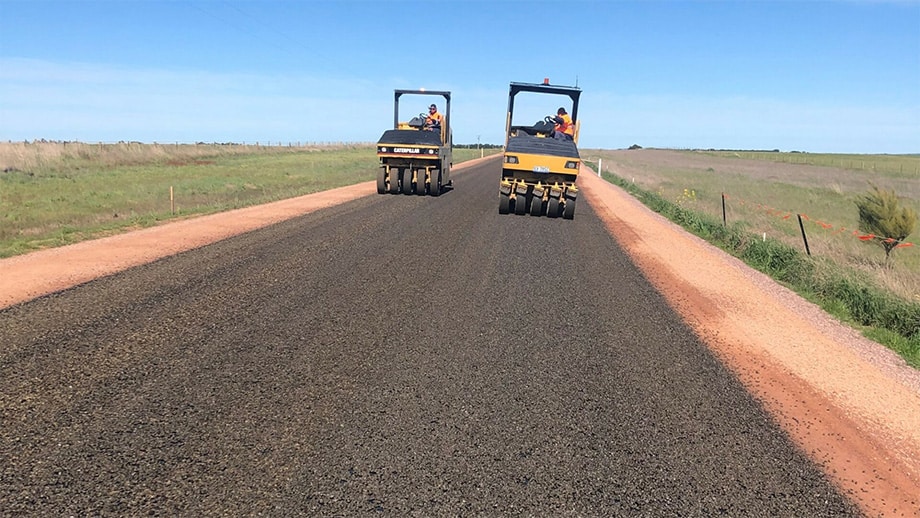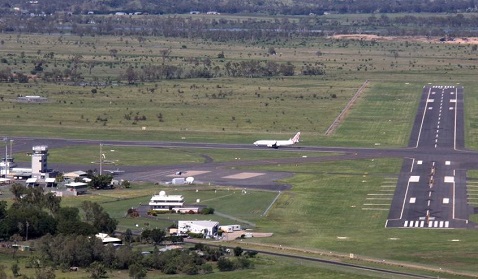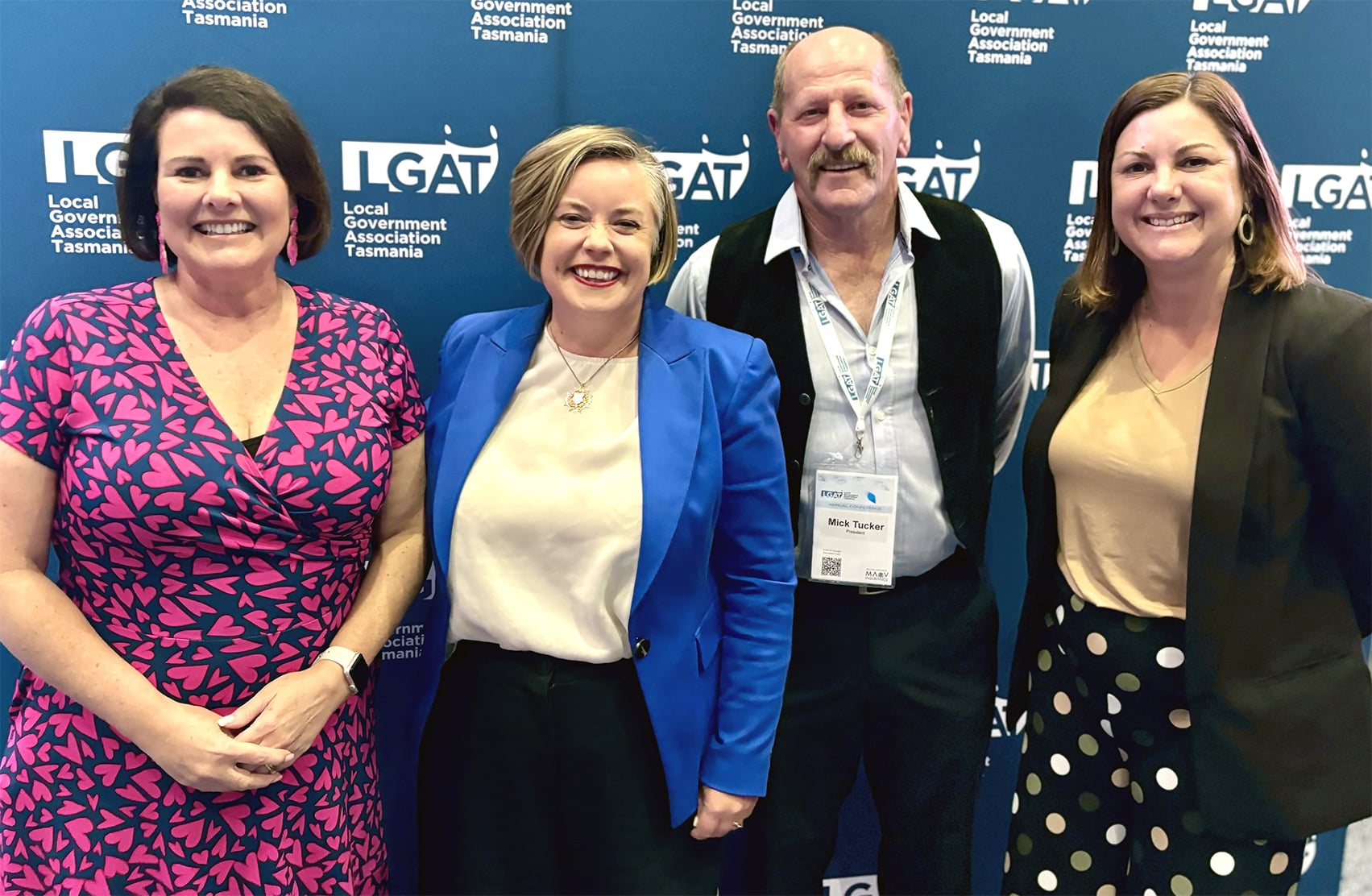 JOINT MEDIA RELEASE
JOINT MEDIA RELEASE
Time is running out for the Federal Government to deliver on its pre-election promise of “fair increases” to Financial Assistance Grants to Australia’s 537 local governments.
Before the May 2022 election, Federal Labor committed to the ‘long-term financial sustainability of local government’ through increases to grant allocations, including ‘fair increases’ to Financial Assistance Grants*.
ALGA President Councillor Linda Scott said: “For 50 years these grants have provided a base level of funding for councils to deliver the services our communities need, without delivery tied to the Government’s agenda.
“Many of Australia’s councils are under significant financial pressure, which is being compounded by increasingly frequent natural disasters, jobs and skills shortages and inflation.
“We simply can’t afford to wait any longer to see these ‘fair increases’ in federal funding that were promised to our communities.
“With the next Federal election looming, this is the Government’s last chance to follow through on its commitment to increase Financial Assistance Grants.”
FA Grants have declined from one per cent of Commonwealth taxation revenue in 1996 to just 0.5 per cent today.
ALGA’s research showed local governments’ share of Gross Domestic Product is amongst the lowest of comparable nations, and expenditure per capita by councils has flatlined over the past decade, while state, territory and commonwealth spending has continued to rise.
“Councils are innovative, effective and efficient – whether it’s stepping up to provide affordable housing solutions, or running more free and low-cost community programs, we are committed to addressing Australia’s cost of living crisis but we can’t keep doing more with less,” Cr Scott said.
“Restoring Financial Assistance Grants to at least one per cent of Commonwealth taxation revenue must be an urgent priority for this Government and would deliver tangible benefits for every Australian community.”
Australian Library & Information Association (ALIA) President Jane Cowell said: “Australia’s public libraries have always provided essential community services and support, and this has been especially true in the current cost-of-living crisis.
“Beyond providing access to diverse collections, libraries offer services including free internet access and use of computers, assistance with job seeking and resumes, guidance on accessing government services, the ability to stream movies, borrow audio books and board games, and use multi-media recording studios, maker spaces and innovation labs – all for free,” Ms Cowell said.
“Libraries are also increasingly being called on to provide more support to communities, such as lending collections of physical items needed by the community. For example, in regional South Australia, Mt Gambier Library launched their Library of Things in mid-2023, aimed at easing cost of living pressures and reducing waste. The program offers a variety of items for loan ranging from kitchen equipment to home energy toolkits, helping people desperate to reduce their power costs.
“Similar initiatives have been rolled out in public libraries around the country as the cost-of-living crunch continues to hit: toy libraries in Townsville (QLD), free music classes in Alexandria (NSW) and seed libraries in Geelong (Vic). All of these programs are run by library staff and are offered in addition to regular services.
“In order for public libraries to respond to this increase in demand, secure and sustainable funding is needed at the local level. As the peak body for libraries, ALIA joins ALGA in calling on the Federal Government to increase funding for local government.”
ALGA is also calling on the Government to provide an additional once-off payment of $3 billion to address the historical practice of paying FA Grants to councils in advance.
Since 2009-10, the Government has consistently pre-paid either part or all of the annual Financial Assistance Grants to councils in the previous financial year.
“For the past 15 years councils have received advance payments framed as economic stimulus to address the impacts of COVID, natural disasters, and the Global Financial Crisis,” Cr Scott said.
“Many of our councils took the government of the day at its word and spent these advance funds stimulating their local economies.
“We are now playing a constant game of catch-up on the $3 billion worth of funds and need to reset the payment cycle.
“Providing an additional once-off allocation of Financial Assistance Grants equal to one year’s payments will address the bring-forward and meet the Government’s commitment to fair increases.”
In summary, as part of its 2024-25 pre-Budget submission, ALGA is calling for:
- The Government to restore Financial Assistance Grants to at least one per cent of Commonwealth taxation revenue; and
- Provide councils with an additional once-off payment of $3 billion to address the practice of bringing forward FA Grants payments.
* Note, please see page 132 of the ALP’s 2021 National Platform.
Background
FA Grants have been a fixture of local government funding since 1974. The grant is paid to local governments via their state or territory grants commissions according to an agreed formula set by the Federal Government.
In 2023-24, Australian local governments received $3.1 billion in federal Financial Assistance Grants, which is approximately 0.5 percent of Commonwealth taxation revenue. The last time FA Grants were equal to one percent of Commonwealth taxation revenue was 1996.
FA Grants are untied, meaning that local governments can use this federal funding to address local issues and priorities.
Posted 19 February, 2024
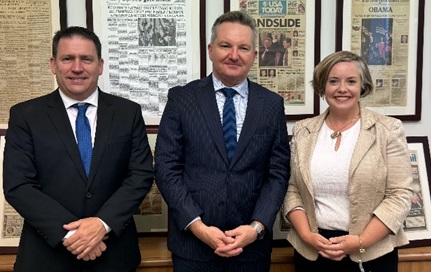




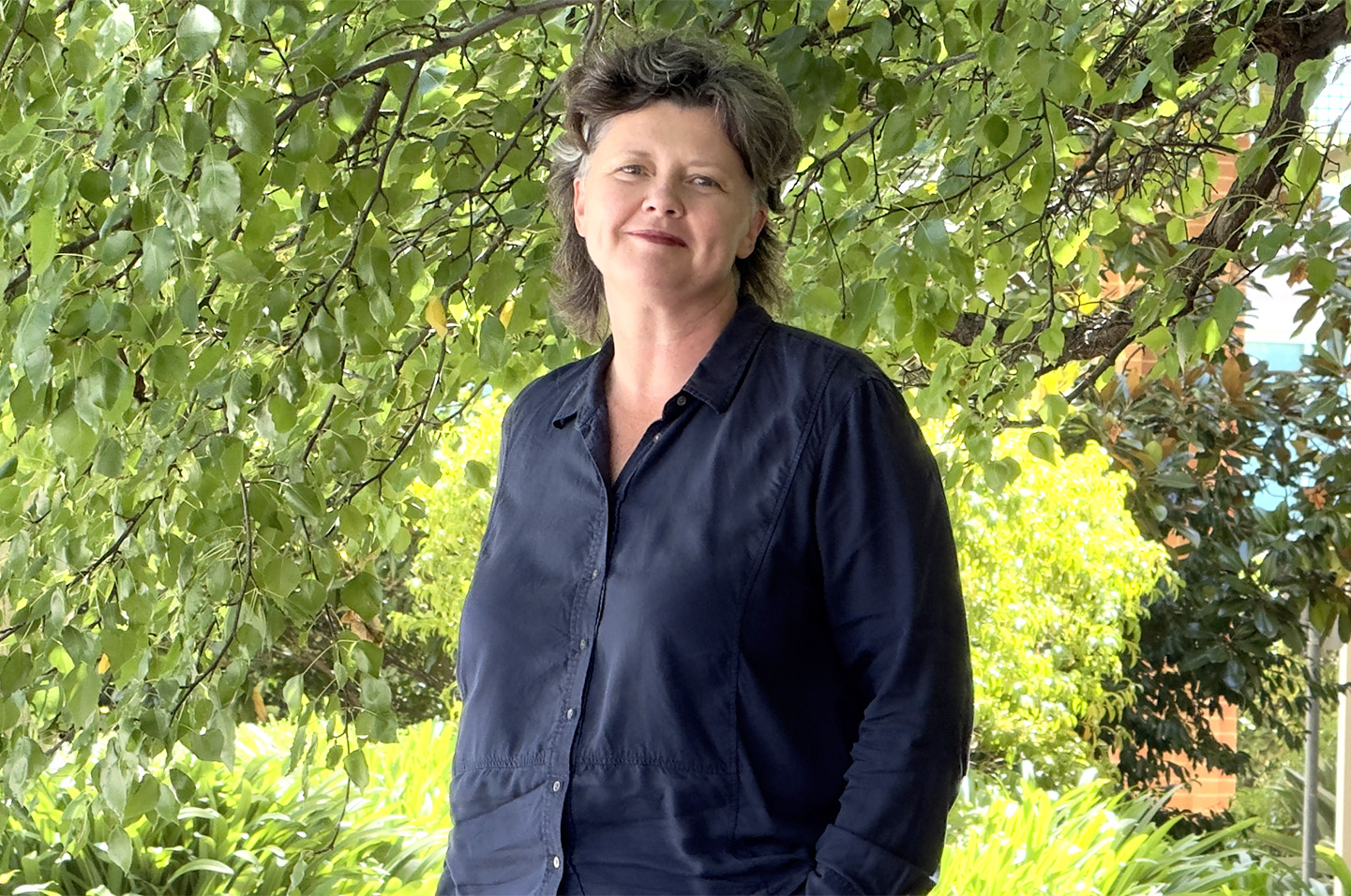
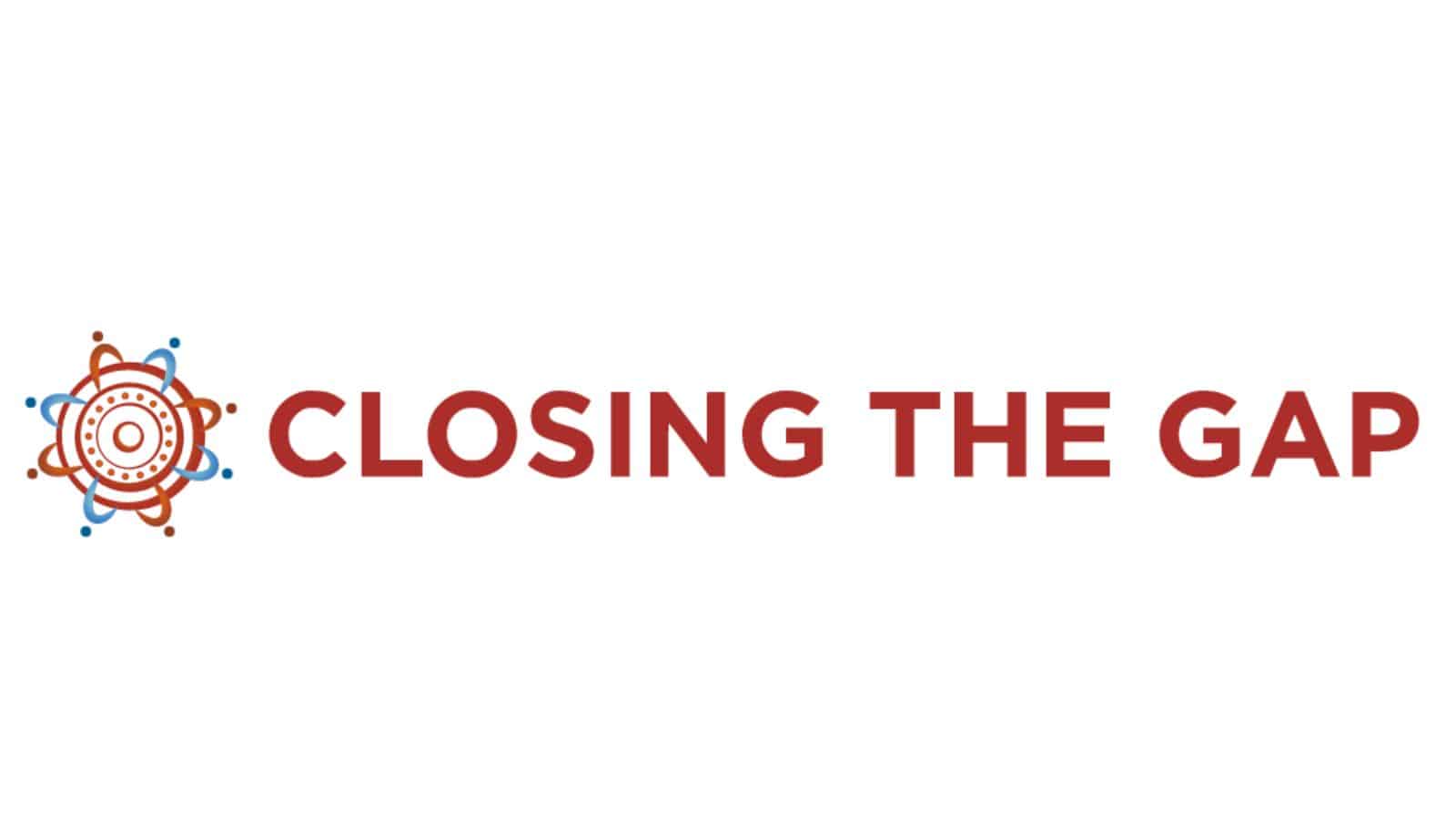
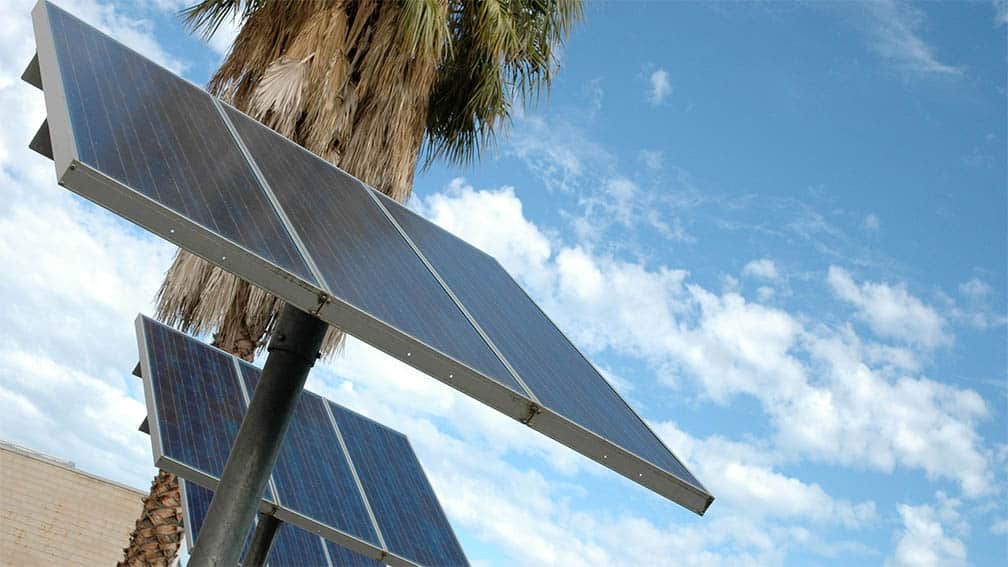





 JOINT MEDIA RELEASE
JOINT MEDIA RELEASE